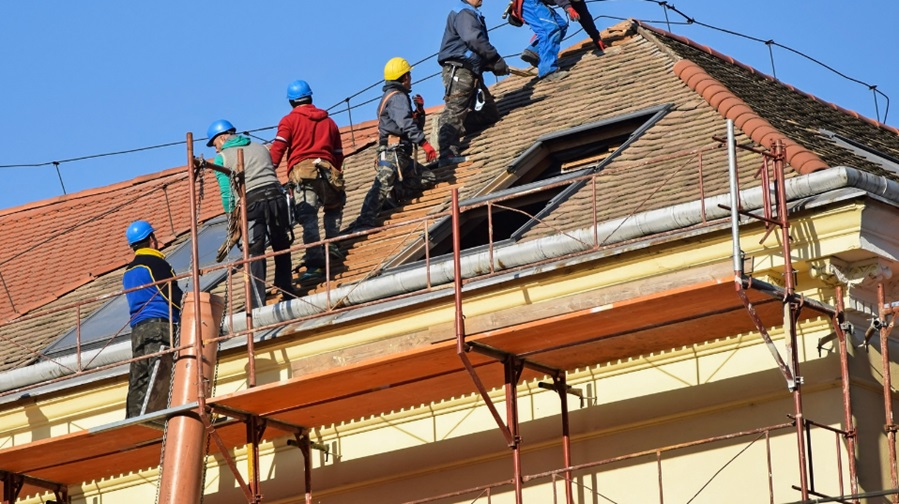Ensuring compliance with building codes is a crucial aspect of roofing work. Proper adherence not only guarantees safety and durability but also protects homeowners from legal and financial issues. The role of roofers in Atlanta involves an understanding of various local and national building regulations, which can differ significantly based on location. Every project requires gaining detailed insights into zoning laws, structural requirements, and material specifications to achieve compliance.
Understanding Local Building Regulations
The first step in ensuring compliance is familiarity with local building codes. Each municipality often has its set of regulations that dictate specific aspects of construction, including roofing materials, methods, and structural integrity. Roofers must stay updated on these regulations to provide safe and compliant services. They often attend training or collaborative meetings with local building officials, ensuring their practices meet the latest standards.
Importance of Proper Documentation
Proper documentation plays a key role in ensuring compliance with building codes. Roofers must obtain the necessary permits before commencing work, which involves submitting proposed plans for review. This process allows local authorities to assess the project for adherence to safety regulations and building guidelines. Proper paperwork not only secures the legality of the project but also helps in protecting the homeowner’s investment.
Selection of Materials
Choosing appropriate roofing materials that meet building code standards is essential. Not all materials are acceptable in every location; some may be prohibited due to fire regulations or environmental considerations. Experienced roofers understand these requirements and can advise homeowners on suitable options. Whether opting for metal, asphalt shingles, or tiles, ensuring that materials meet local codes is non-negotiable for a compliant and long-lasting roof.
Inspections During the Roofing Process
Periodic inspections during the roofing installation are vital to ensure compliance. Local building inspectors assess ongoing work to verify that it adheres to approved plans and building codes. Roofers must be prepared for these inspections and ensure that their workmanship meets or exceeds regulatory standards. Clear communication with inspectors can aid in a smooth inspection process and timely project completion.
If you’re interested in understanding more about how roofers identify and address hidden roof damages, you might want to check out this article.
Continuing Education and Training
To stay compliant, roofers engage in continuing education. Many states require professionals in the roofing industry to complete regular training sessions that cover updated building codes and safety standards. This commitment to ongoing learning allows roofers to offer the best services while ensuring compliance with all applicable regulations.
Conclusion
In the roofing industry, compliance with building codes is not merely a legal requirement but a vital component of delivering quality services. Roofers play an essential role in safeguarding the structural integrity and safety of buildings. By understanding local regulations, obtaining necessary permits, selecting appropriate materials, and ensuring diligent inspections, they help uphold community standards. Homeowners seeking emergency roof repair long island services can feel confident knowing that experienced professionals will guide them through the process with expertise and dedication.
Frequently Asked Questions
1. Why is it important for roofers to ensure compliance with building codes?
Adhering to building codes is crucial for ensuring safety, durability, and legal protection for homeowners. Compliance minimizes the risk of structural failures and protects against potential liabilities.
2. How can homeowners find compliant roofers?
Homeowners should seek qualified roofers with a proven track record of adhering to local building regulations. Checking licenses, certifications, and customer reviews can also aid in making an informed decision.
3. What happens if a roofing project does not comply with building codes?
If a roofing project fails to comply, it can lead to significant penalties, including fines, legal issues, and the necessity of costly remedial work to correct the non-compliance.


Comments are closed.